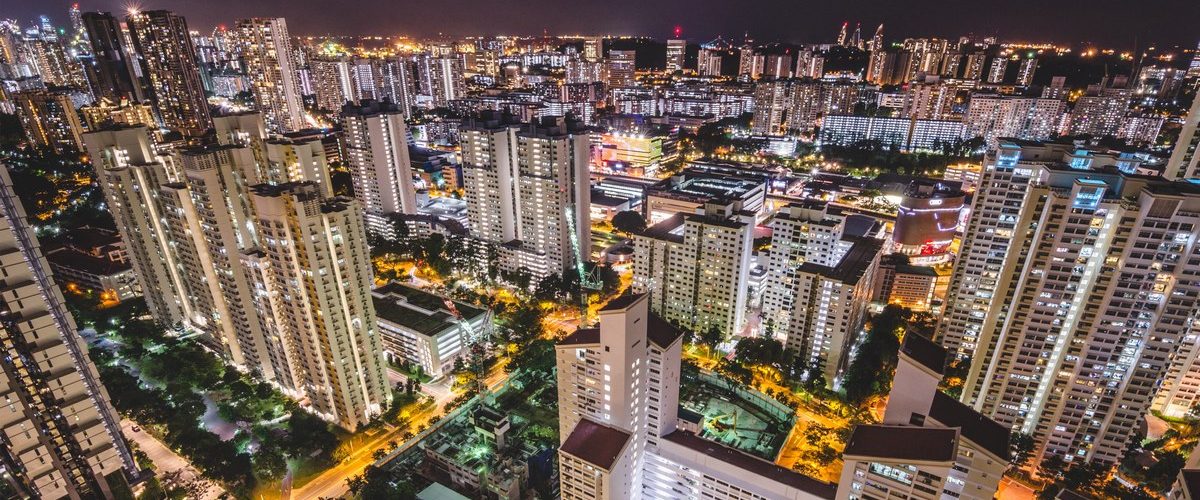- Malaysia’s expanded Sales and Service Tax (SST) framework starts July 1, 2025, aiming to increase fiscal revenue with targeted exemptions to prevent inflation.
- Consumer goods are affected by a dual-tier sales tax of five percent and 10 percent, with essentials like local produce remaining zero-rated.
- The five percent rate applies to near-essential imported items, while the 10 percent rate targets higher-value discretionary products.
- An eight percent service tax is added to services like leasing, logistics, and advertising, increasing operational costs for businesses.
- Enforcement of the SST expansion begins January 1, 2026, allowing a transitional grace period for businesses.
- Small businesses are exempt from service tax registration, but medium-sized retailers and importers must ensure compliance.
- Companies need to review product classifications and apply correct tax rates to minimize SST exposure.
Source: aseanbriefing.com
Note that this post was (partially) written with the help of AI. It is always useful to review the original source material, and where needed to obtain (local) advice from a specialist.
Latest Posts in "Malaysia"
- Malaysia Expands Service Tax: New Exemptions and Compliance Rules Effective July 2025
- Summary of Malaysia’s New Sales Tax Exemptions and Policies Issued in October 2025
- Malaysia Expands Sales Tax Exemption Guide for Eligible Machinery and Equipment Effective July 2025
- Malaysia Revises Service Tax Rules, Adds New Exemptions Effective July 2025
- Malaysia Issues New Service Tax Policies for Healthcare and Construction Effective July 2025














